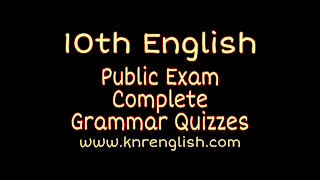Students between 6th and 10th grade, despite their young age, can play a significant role in making the Indian Republic a better place. Here are some ways they can contribute, both big and small:
Building civic consciousness:
Learn about the Constitution and democracy: Understanding the core values and principles of the Indian Constitution will help them become responsible citizens. Organize group discussions, quizzes, or debates on key rights and duties.
Participate in mock elections: Simulate elections within their school or community, letting them experience the democratic process firsthand. This can cultivate an understanding of voting and civic engagement.
Celebrate national holidays: Organize cultural programs, flash mobs, or art exhibitions on Republic Day and Independence Day. These activities foster patriotism and national pride.
Promoting social well-being:
Volunteer in their community: Participate in cleanliness drives, tree-planting initiatives, or volunteering at local NGOs. This helps develop empathy and a sense of community responsibility.
Raise awareness about social issues: Organize campaigns focusing on topics like gender equality, disability rights, or environmental protection. This can spark change and empower others.
Start a student-led community project: Identify a local issue, like lack of access to clean water or education, and collaborate with classmates and teachers to find solutions. This teaches leadership and problem-solving skills.
Personal development and education:
Become responsible digital citizens: Learn about cyber safety, responsible online behavior, and critical thinking skills to navigate the digital world constructively.
Explore new skills and interests: Develop talents in art, music, sports, or technology. These pursuits can foster creativity, confidence, and well-being.
Embrace diversity and respect individual differences: Engage in cross-cultural exchanges, learn about different traditions and religions, and promote unity and acceptance.
Remember, even small actions can have a ripple effect.











